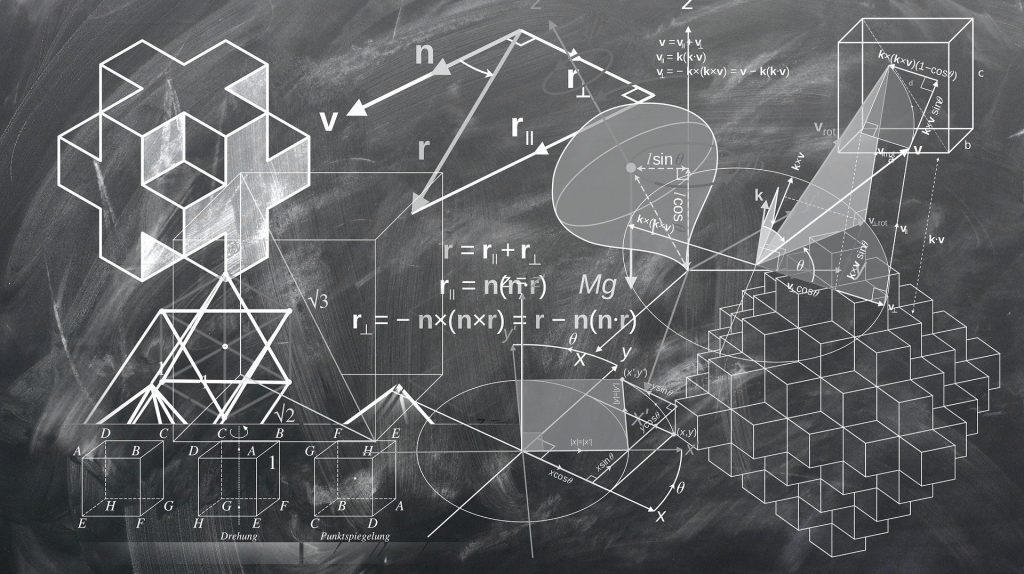
Russian roulette is a game of chance with some seriously lethal consequences. In this post, we’ll have a look at some of the maths behind the game and reveal what the chances of surviving the game are in different circumstances. Even though the odds can be favourable, we would never encourage you to play as there’s still a significant chance something could go wrong and if it does, you will end up paying the ultimate price.
Chances Of Survival With One Trigger Pull
In many instances of Russian roulette, a six-shot revolver is used and there are two players who take it in turns to pull the trigger while pointing the revolver at the other player. Throughout this post we’ll use this particular type of gun in our examples. Let’s say you’re playing a potentially deadly game of Russian roulette. You load a six-shot revolver with a single round by placing it in one of the six chambers and spin the cylinder. Then, the other player places the muzzle right up against your head and pulls the trigger.
If the loaded chamber is lined up against the revolver’s barrel and primer percussion mechanism, the round will be shot out and you will, most likely, die. If, however, the chamber is empty, when you pull the trigger nothing will happen and you’ll live. In this situation, you have a 1/6 chance of dying. This is simply because the revolver has six chambers and only one is loaded. If two chambers are loaded, the chances of you being shot are 2/6 or 1/3; if three chambers have rounds in them, the chances are 3/6 or 1/2 and so on. Again, most Russian roulette games have a single chamber out of six loaded so as to improve a person’s chances of surviving.
Chances Of Survival With Multiple Trigger Pulls
So what about if you pull the revolver’s trigger more than once? We’ll use the example from above. You’ve got a six-shot revolver with one out of the six chambers loaded. We’ll assume that after each trigger, you don’t spin the cylinder again (doing so randomises the position of the loaded chamber and effectively gives you a fresh 1/6 chance of being shot).
To carry on from the example above, the revolver’s trigger was pulled and no round was fired. There are now five chambers left to be fired and one of them has the round in it. Now it’s your turn. You hold the gun against the other player’s head and pull the trigger. They have a 1/5 chance of being shot. For the third pull of the trigger, which the other player makes against you, it’s a 1/4 chance of being shot. For the fourth pull, which you make against the other player, they have a 1/3 chance of having the round getting fired at them. It’s the other player’s turn and they’re making the fifth pull of the trigger, which has just a 1/2 chance of resulting in a shot being fired. If by now the round hasn’t been fired, the sixth and final pull of the trigger will definitely result in someone getting shot – it’s your turn and if you pull the trigger, the other player will get shot and die.
But what about if the cylinder is spun after each trigger? Let’s say you’re playing Russian roulette with someone else and that other person is going to pull the trigger six times, spinning the cylinder after every pull. Each individual pull of the trigger gives you a 1/6 chance of being shot. But what are the chances of surviving six consecutive trigger pulls? The sum to do for this would be 1 – (5/6)6, which works out at roughly 66.5%. The 5/6 refers to the chances of your surviving each pull and the power of six refers to each pull. So, if someone pulls the trigger six times and spins the cylinder after each pull, you have a 2/3 chance of making it through without getting shot.
No matter how many times the cylinder is spun and the trigger is pulled, you’ll only have a 1/6 chance of getting shot with each individual pull. If the cylinder is spun, there’s never a 100% chance you’ll get shot (providing there’s at least one empty chamber, of course).
In this game, where there are two people playing and the cylinder has six chambers, only one of which is loaded, you have a 1/2 chance of getting shot. If there are three people getting fired at twice each, your chance of getting shot decreases to 1/3. Likewise, if there are six people – one fire for each person – your overall chance of being unlucky and getting the round fired at you is 1/6.
